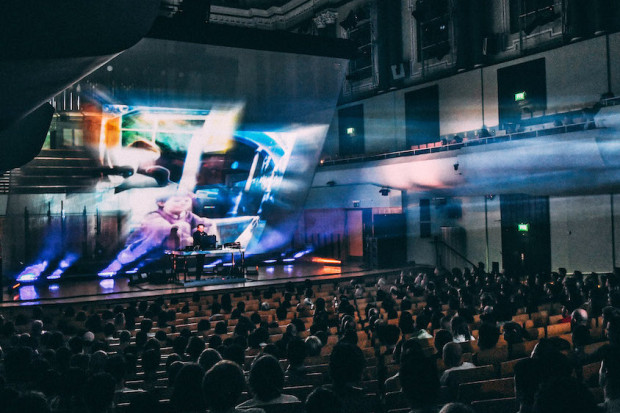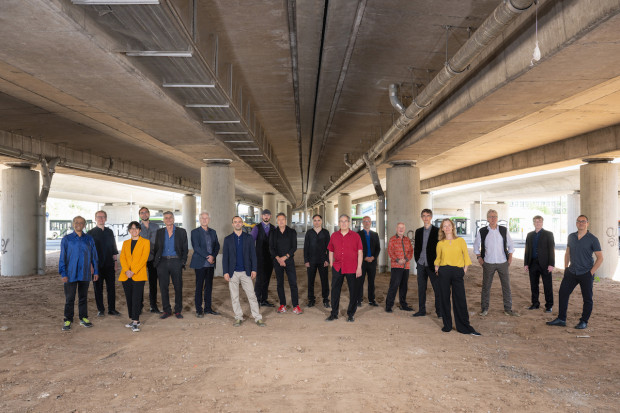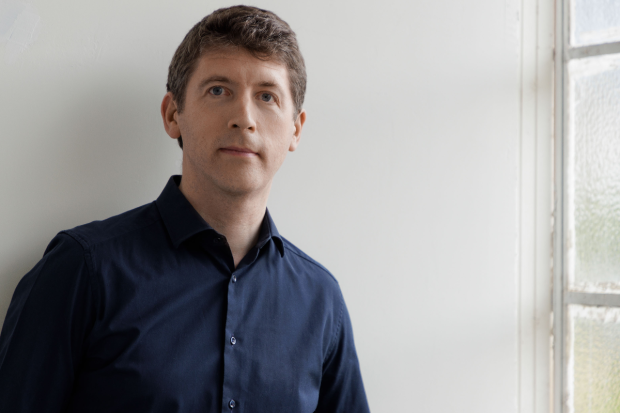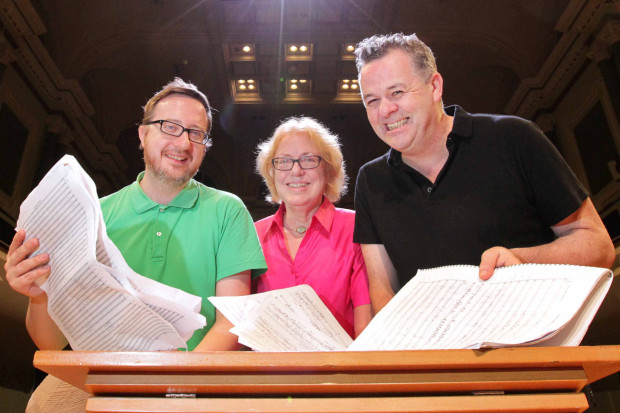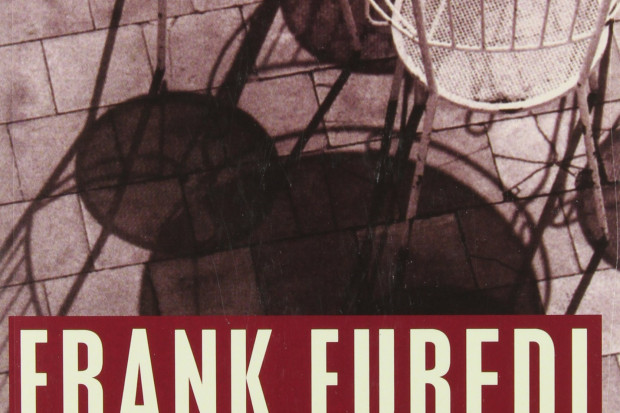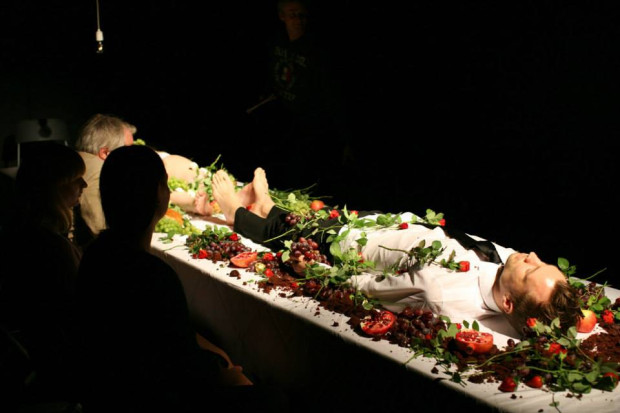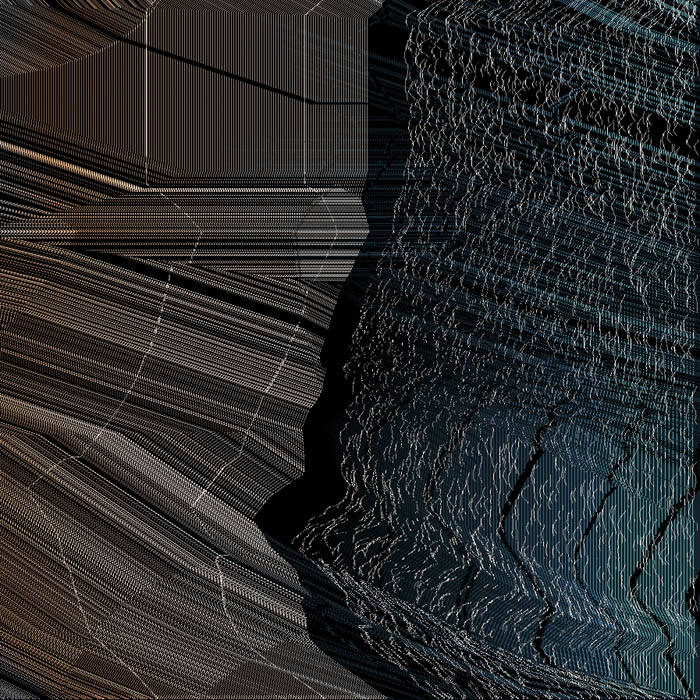
CD Review: Roger Doyle – The Ninth Set
The Ninth Set is Roger Doyle’s third volume of Passades, a series begun six years ago and which first saw the light of day as a free third anniversary covermount CD in the November 2003 issue of JMI.
Subsequently that disc and a second were released commercially on the Dutch BVHaast label, with this latest (perhaps last) instalment marking the beginning of Doyle’s new relationship with Germany’s Die Stadt.
Last year the concluding two parts of The Ninth Set deservedly won the Magisterium Prize at the Bourges International Electro-acoustic Music Competition, an award created to recognise ‘works that might become milestones in the history of electro-acoustic music’.
In both its ambition and the acutely articulate way in which it manages and manipulates its basic building blocks to create something altogether astonishing and vast, The Ninth Set propels Passades several steps closer towards Doyle’s monumental signature work, Babel, even allowing for the fact that it is in many ways a much rawer (if no less mediated) construct.
The disc comes without booklet notes and just the bare minimum of written information. If you’re looking for clues about point and purpose, the cover image looks like (though self-evidently isn’t) a sketch of tidal waveforms washing up against the folding sub-strata of a fractured land mass. Take from that what you will.
Taken from earlier compositions, the raw source material here has been filtered through software that captures, stops and disguises it, freezing the moment to allow it to be manipulated in lateral directions to produce an experimental way of working that could be described as sub-atomic composition.
What results is a series of collisions between monolithic blocks of sound that subsequently stretch, splinter and shatter into dark, rough-hewn shards that intermingle and merge into something new and forward-moving before collapsing into a repetition of its violent history. It is a process that becomes increasingly more intricate such that each newly constituted generation becomes incrementally more than just brute genetic force in obdurate convulsion. Instead, the sound seems to acquire by degrees a stumbling but discernible sense of direction, hints of designed shape, and, most boldly of all, the occasional shadow of a melody falling into light.
There is something remarkably atavistic about this restless, questing piece making its 67-minute length no mere indulgence but a necessity. This is music-making on an immensely concentrated level that etches and scores, gouges and carves its way into the imagination with telling individuality and an incisive intensity of expression that leaves as visceral and abiding an impression as the coruscating, cleansing passage of a glacier through a valley.
For all its perplexing (and on occasion terrifying) subterranean Stygian swarthiness, The Ninth Set is as deeply concerned with emotional root and intellectual derivation as with brute being, primal force and tectonic shift. Indeed, few and far between are the electronic compositions that can claim to be as organic as this, an impression underpinned by Mary Costelloe’s dislocatingly transformed voice that slices its way through the bewildering, seemingly formless landscape.
A compelling achievement.
Published on 1 January 2008
Michael Quinn is a freelance music and theatre journalist based in Co. Down.












